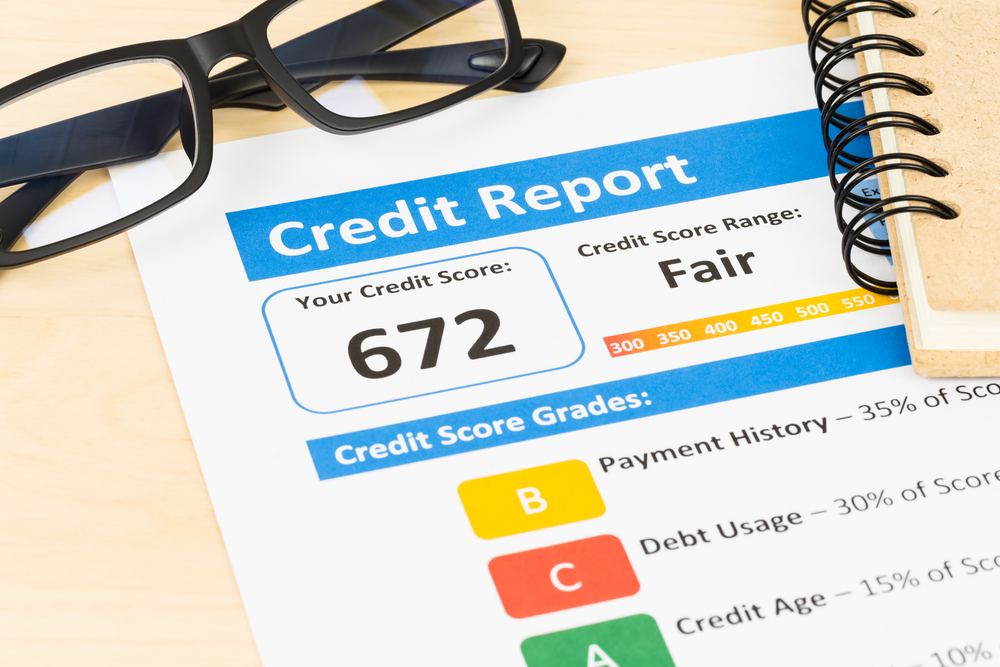Whether you are seeking personal loans to pay off outstanding debt or simply want to obtain some new credit cards, one of the first things that lenders will do is check your credit history. Your credit score, as calculated by the AECB (Al Etihad Credit Bureau), is essentially a profile of your financial health. It is something that lenders in the UAE closely scrutinize before deciding to extend you credit.
Because of this, it is extremely important to maintain a good credit history. Doing so will make it much easier to get access to some of the best credit cards in the UAE today. Having a poor credit history, however, will make it much harder to accomplish your financial goals.
In this post, we want to share several important tips and strategies on how you can maintain a good credit history. Following some (or all) of these tips, you’ll drastically increase your chances of avoiding any unpleasant surprises and increase the chances of getting the loan or credit card that you desire.
Ways to Maintain Your Credit History
To start, one of the best ways to maintain your credit history is to pay your bills on time. It’s simple enough. If you are a borrower that doesn’t skip or delay payments, banks and other financial institutions will view you as more creditworthy. They will have the confidence that you will make your required payments for your loans and credit cards, thereby extending you more credit than others. On the opposite side, making late payments not only costs you in interest or other penalties, but it hurts your credit score. From there, a lower credit score hurts your chances of qualifying for some of the best credit cards or future personal loans.
Along with paying your bills on time, seriously consider paying off your credit cards in full. This is a great tactic both for the health of your pocketbook and the health of your credit history. Paying off your balance in full helps you avoid interest payments, which can become substantial if you are solely paying the minimum required payment on your credit card. But not only that, paying off your entire balance, once again, shows financial institutions and the AECB that you are a responsible borrower. Your credit score will rise and you’ll be more likely to receive even more generous credit terms in the future.
So one significant part of maintaining your credit history is to be on top of your payments. But that said, another key area centers on credit utilization. By this, we mean responsibly using the credit that has been provided to you. Just because your credit card has a credit limit of Dh100,000, for instance, does not mean that you should draw upon all of that credit. Instead, the general rule of thumb is that you should use only 30 percent of that credit limit. While it isn’t the worst thing in the world if you go above that guideline, you should tread lightly. It may put you at greater risk of being unable to pay off your credit card in full.
Finally, don’t apply for loans that you don’t need. If you already have great credit, it is all too tempting to apply for a wide range of loans. You may use those loans to get a more luxurious car or to splurge on something for your home. Whatever item or experience that you want, it is much safer to fund it through your day-to-day savings and cash flow rather than a loan. Yes, it may take longer to find the funds to make the purchase. However, foregoing a loan that you don’t actually need minimizes the potential hit to your credit score. To put it another way, it is an investment in your long-term financial future.
Get Started Today
Obtaining and maintaining a good credit history is an ongoing task. That said, it is certainly doable. Following the tips and strategies above can help you fortify that credit history, allowing you to obtain the best credit cards and personal loans in the future. By staying disciplined and on top of your pending payments, you will be setting yourself up for continued financial success.

